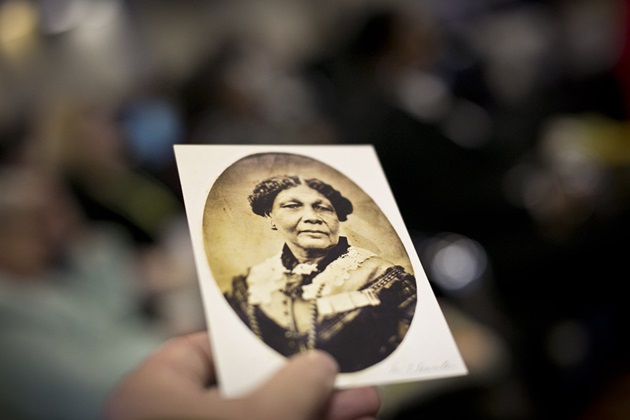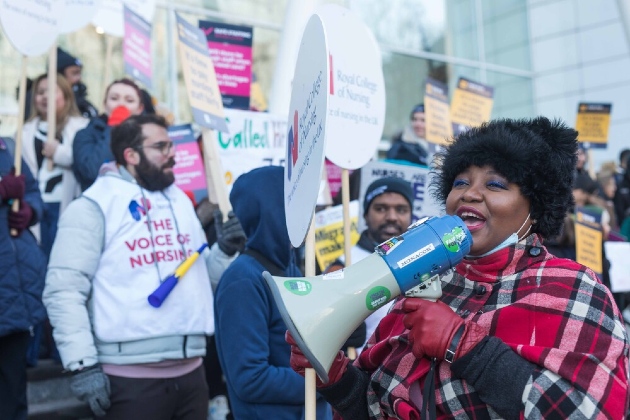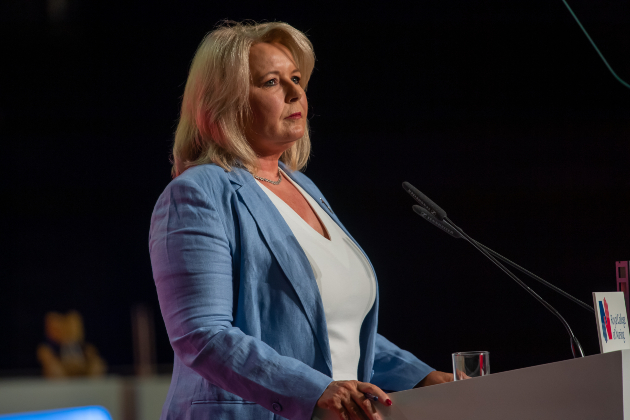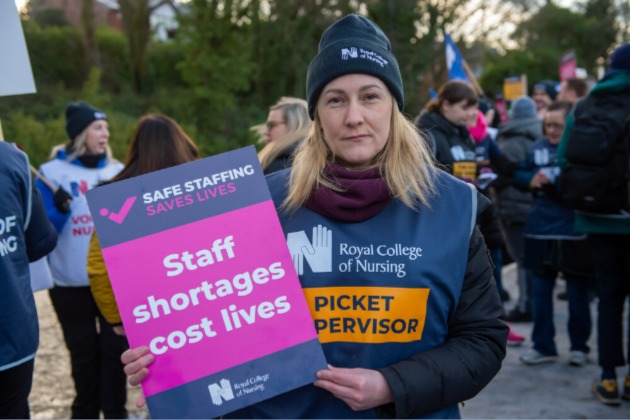The knowledge that three people are dying each day waiting for an organ transplant, with a high number of those being from a black and minority ethnic (BME) background, is the driving force behind Angela Ditchfield’s work.
RCN member Angela received the Mary Seacole Leadership Award in 2014 for her work with BME communities. At the time she was working as a specialist nurse for organ donation at East Lancashire Hospitals NHS Trust and joined forces with a community group to launch an organ donation campaign directed towards the Asian community. As part of the campaign Angela helped produce a film to raise awareness of the importance of donations.
Angela is now working as Diversity Lead Nurse for Organ Donation for NHS Blood and Transplant, which she’s been doing since April. It’s a role that has UK-wide impact. “Getting the Mary Seacole award was the highlight of my career really,” she says. “It brought me to the role I’m in today, opening doors and deepening my understanding of the NHS. It’s such a privilege working with the community. Ultimately the reward is saving people’s lives.”
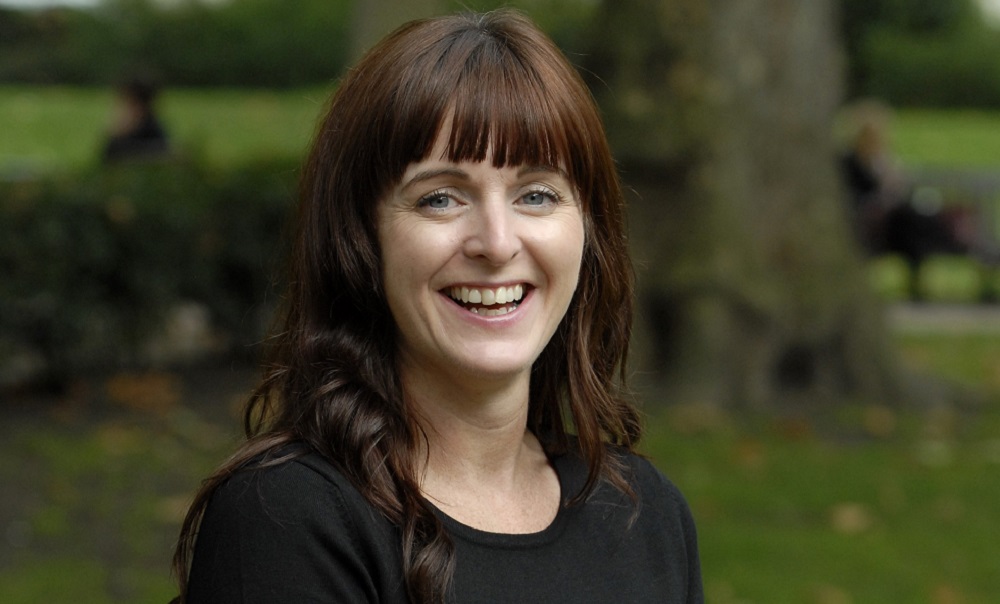
Angela says her current role is all about educating and increasing consent within the BME community. “Education is key for all communities and cultures, of course, but with 27% of the waiting list being South Asian people, there is particular need for a focus in this area. As only 1% of people can become organ donors, it’s an ongoing challenge,” she explains.
Angela’s focus at the moment is working with specialist nurses to get the message out there. “We are looking at developing resources to raise awareness. Sometimes people are hesitant, perhaps due to cultural reasons, but starting the conversation is vital – if people fully understand it’s giving the gift of life to someone they can make an informed choice.”
Despite the challenges, Angela says that organ donation is becoming less taboo and she’s enthused by how the topic is being embraced by the community. However, she says it is crucial to keep talking about it. “In today’s climate we need to learn about each other to live together well,” adds Angela. “This goes beyond organ donation, it’s about engaging with different communities and reaching out to individuals from all backgrounds.”
Transforming care
When midwife and RCN member Marsha Jones began her Mary Seacole award work in 2011 at Newham University Hospital, she didn’t foresee just how big a mark it would make on her nursing and midwifery journey. “I’ve always wanted to make people’s lives better. Patients are at the heart of what I do,” says Marsha, whose award work focused on improving postnatal care for BME women. “The award inspired me to want to do more to influence the system as a whole so I can make quality improvements a reality, and enhance patient and staff experience.
"My award project was driven by seeing first-hand the challenges women from BME backgrounds present with, as well as the evidence that health care outcomes for these women are not as good as for women from other backgrounds,” says Marsha. “This has got to change, but remains a challenge.
“The biggest challenge is that we’ve labelled this group hard to reach. But this just isn’t true. What we need to do is adapt our communication strategies to reflect diversity and inclusivity. We need to avoid a one-size-fits all approach."
 Marsha, who is currently doing the Nye Bevan programme for aspiring directors, has been the lead midwife for maternity inpatients and outpatients at Whittington Health NHS since 2014. In 2013, Marsha had the opportunity to go to the Institute for Health Care Improvement in Boston to learn about quality improvement and patient safety. And in 2015, she became a Darzi Fellow to focus on delivering care closer to residents’ homes.
Marsha, who is currently doing the Nye Bevan programme for aspiring directors, has been the lead midwife for maternity inpatients and outpatients at Whittington Health NHS since 2014. In 2013, Marsha had the opportunity to go to the Institute for Health Care Improvement in Boston to learn about quality improvement and patient safety. And in 2015, she became a Darzi Fellow to focus on delivering care closer to residents’ homes.
Marsha says all the learning and development opportunities that came out of the Mary Seacole award shifted her thinking. “I’ve been developing my leadership skills ever since. It opened my eyes to the realisation that as a clinical leader I can make a real difference,” she adds. “The award work was challenging but also a great experience for practising resilience.”
So what does the future hold for Marsha? “My aspiration is to become a board member to influence change that reflects the demographics of the population and is in line with the NHS Constitution,” she says. “We need to engage with citizens, patients and staff to co-design and co-produce services that will deliver the best possible health care outcomes with finite resources. If we don’t, how can we give timely care and help reduce risks?” she adds. “We’re getting there but there is still more work to be done.”
Did you know?
Mary Seacole was a Jamaican-Scottish nurse and businesswoman, celebrated for her bravery in nursing soldiers during the Crimean War (1853–56). The Mary Seacole Awards were created in her honour and provide the opportunity for individuals to fund a project that aims to improve the health outcomes of people from BME communities.
Find out more about the Mary Seacole Awards.


